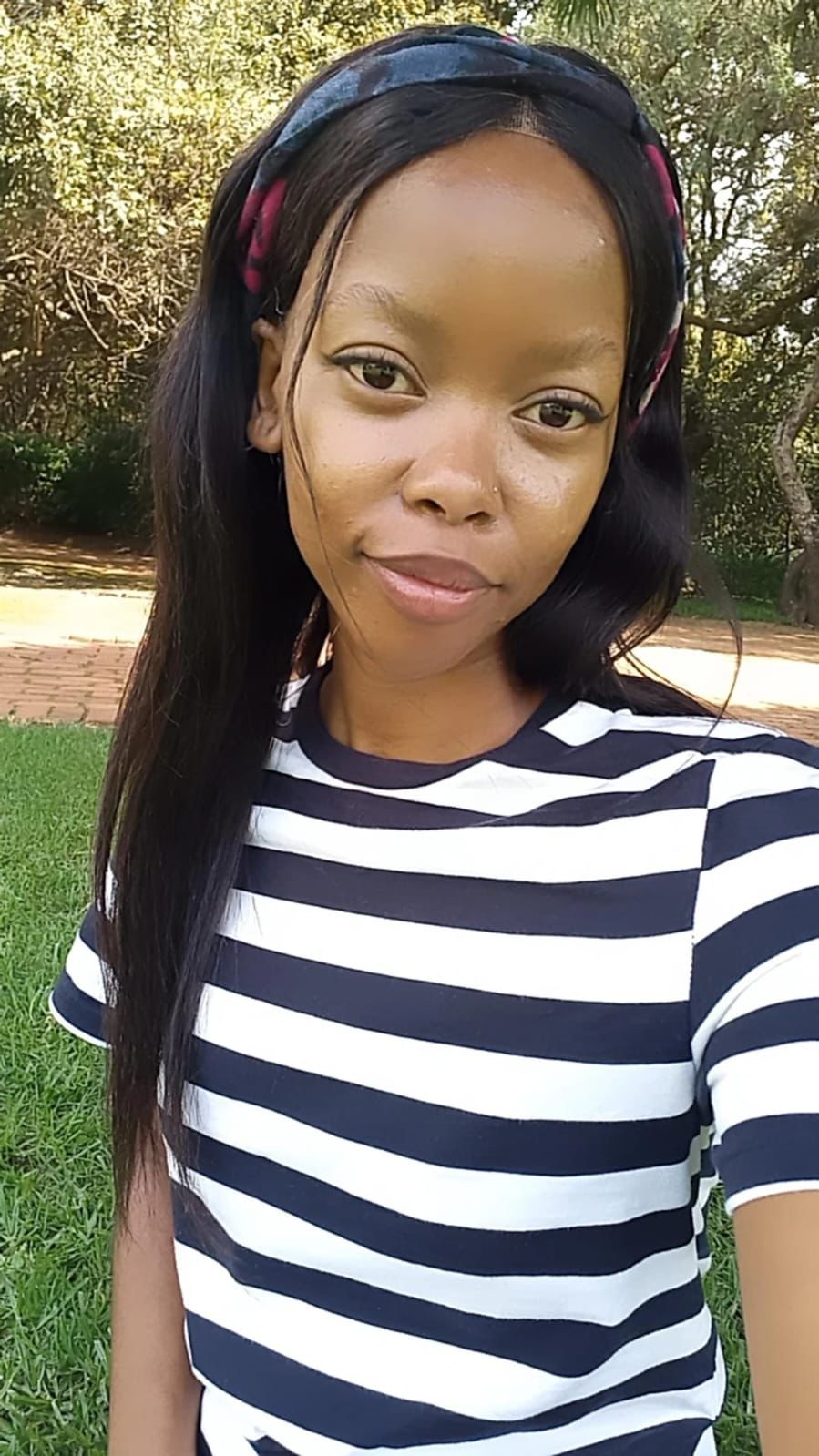Naledi’s Story On Navigating Mental Health Challenges And Finding Purpose
Sometimes, we suffer in silence. I started having mental health issues at a young age, not knowing what they were exactly, and in turn, they formed part of my personality. These mental health issues then started being apparent in my early adult years; they were a manifestation of all my childhood traumas. I learned that I had depression and anxiety when I went to varsity and did more research on what I was going through.
I found that I had all the symptoms: I had no desire to live, I had given up and struggled with being in social situations and articulating what I wanted or needed, and I was very withdrawn and always very negative-minded. Because I was quiet, my mind was a dangerous place to live in. I then attempted to commit suicide with failure. I had a support system that tried their best to help me overcome this even though they didn’t understand what I was going through.
As time went on, I then started to read self-help books because I was tired of living in constant pain. I didn’t want to survive; I wanted to live. I drove myself out of the pit of depression even though it was a very long and tough battle. Today, I am happy I get to tell my story. There’s a lot that people go through and never get assistance or even self-help. Mental health issues are a very vital part of our overall health as they distort views of an individual in so many ways. It is important to keep healthy habits for our mental health so we can not only live but thrive.
If I were to offer advice to someone going through similar mental health challenges, my primary suggestion would be to find the root cause of their distress because mental health challenges often stem from deeper, underlying issues. Identifying what specifically triggers your emotional responses and understanding the reasons behind these triggers are crucial steps. Uncovering the ‘whys’ paves the way to addressing and resolving the core issues at hand. While this approach may prove beneficial for some, it’s important to acknowledge that it might not be effective for everyone.
Moreover, it’s important to allow yourself to experience and process your emotions fully – but refrain from acting impulsively on negative thoughts, as such actions can be harmful and sometimes even worse. Allowing yourself the space to express feelings such as sadness or anger is very important for releasing stress. For those who find it difficult to express emotions openly, journaling could be a helpful option.
Above all, if you’re struggling with mental health issues, I think it is important to be kind to yourself more than anything. Practice self-love through doing things that make you feel alive and happy. This helped me to find myself again and to find purpose in little things.
Broken Crayons Still Colour
My name is Deborah Joy Juma. I am 27 years old, and this is my story.
My story is one of pain, rejection, negligence, abuse, and mental health struggles, but it ends in victory. I was brought up by very abusive parents who were also senior pastors in the church. My parents fought a lot, and my dad physically abused me. I’ve never had a good relationship with my parents, and I still don’t.
My dad left us when I was in my first year of high school, and p to this day, I do not know where he went. I also don’t ask my mum about his whereabouts because my mom and I do not talk. Life was so hard, and we had so little. I had to sell sweet potatoes to keep me in school. In my second year of high school, I fell into a depression. My mum was also depressed and a bit more depressed than I was because she would occasionally walk naked around my neighborhood. Although I struggled throughout high school, I still got a B+, allowing me to join Kenyatta University (KU).
At KU, my depression got worse. Sometimes I found myself walking barefoot in the middle of the night in the market. I worked as a helper on people’s farms, sold panties and borrowed a Help Loan until I completed my 1st year at KU. At that time, I had three younger siblings I cared for, which made life even more challenging for me. My mental health worsened. During that time, I had been admitted to rehab and a hospital for months. I still struggle with my mental health, but I am slowly starting to manage it all.
I am currently pursuing a Diploma in Chaplaincy at Kabarak University. I want to help those who are going through what I went through. I have written a book based on my life story titled ‘When Life Hurts’. I write to give meaning to my life, and I want the world to know that broken crayons still colour.
Story by: Deborah Joy Juma
Facebook – Deborah Joy Juma
Instagram – @deborahjoyjuma
Domain- www.deborahjuma.com
Twitter – @DeborahJoyJuma1


